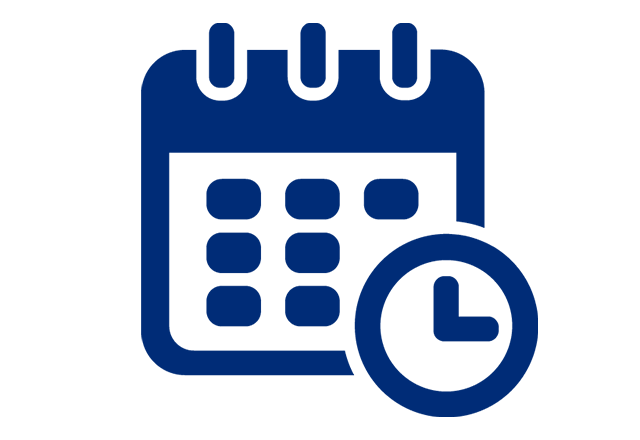Johns Hopkins Pancreatitis Pain Program is a research and patient care initiative that brings hope to patients with pain due to chronic pancreatitis. Our team combines expertise of pain psychiatrists, neurogastroenterologists, and mental health specialists to offer innovative neuromodulation treatments to help you improve your quality of life. Working closely with the Johns Hopkins Pancreatitis Center, we aim to better understand different treatment approaches, be able to personalize them, and find new ways to treat chronic pancreatitis pain.
Our Approach
We understand the complexity of your pain from chronic pancreatitis. With our innovative neuromodulatory approach, we can provide effective pain care.
Our minds and our bodies are sometimes considered as separate entities, but in reality they are constantly communicating and influencing each other. Our neuromodulatory treatment approach involves treating the whole person using medications and pain therapies that affect both the nerves in the head and the nerves in the gut.
With generous grant support, the program is one of the first places in the world dedicated to studying the links between mental health, pain, and pancreatitis.
Pain Management Experts

What to Expect During and After Your Appointment
The clinic is located at Johns Hopkins Hospital (Meyer building). During your consultation, you will meet with a team of psychiatrists, gastroenterologists, psychologists, and nurse practitioners to review your history, labs, and imaging. We encourage family members to attend the consultation. We will also ask you to complete a series of questionnaires about your pain, mood, sleep, and quality of life. At the end of the visit, we will provide individualized treatment recommendations and schedule a follow-up visit.


